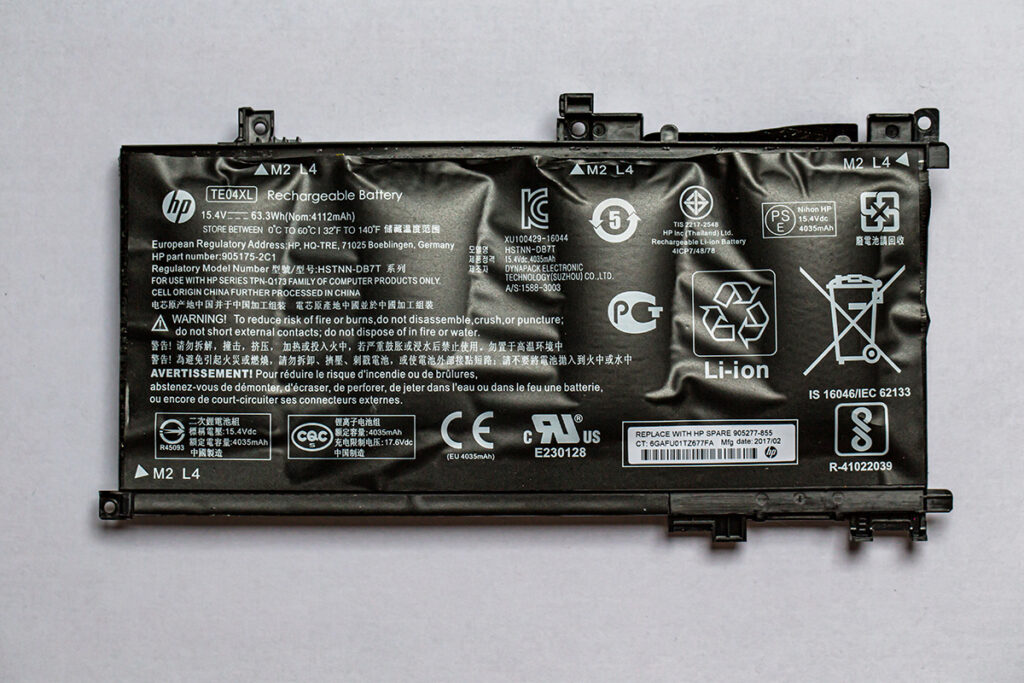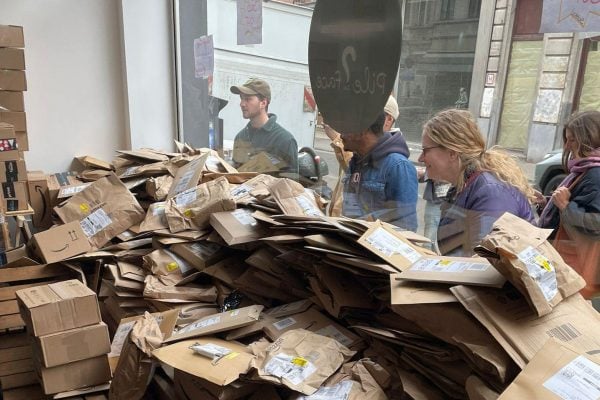An interesting appeal has been handed down in the US which could hold Amazon liable for a defective marketplace seller product. This could have ramifications for all marketplaces.
In this case the defective marketplace seller product was a laptop battery, sold on Amazon by Lenoge and fulfilled by Amazon, which the Angela Bolger contends exploded several months later, and she suffered severe burns as a result.
Amazon argued that that the doctrine of strict products liability, as well as any similar tort theory, did not apply to it because it did not distribute, manufacture, or sell the product in question. However the product was placed in FBA and the appeals court said “Whatever term we use to describe Amazon’s role, be it “retailer,” “distributor,” or merely “facilitator,” it was pivotal in bringing the product here to the consumer”.
“As a factual and legal matter, Amazon placed itself between Lenoge and Bolger in the chain of distribution of the product at issue here. Amazon accepted possession of the product from Lenoge, stored it in an Amazon warehouse, attracted Bolger to the Amazon website, provided her with a product listing for Lenoge’s product, received her payment for the product, and shipped the product in Amazon packaging to her. Amazon set the terms of its relationship with Lenoge, controlled the conditions of Lenoge’s offer for sale on Amazon, limited Lenoge’s access to Amazon’s customer information, forced Lenoge to communicate with customers through Amazon, and demanded indemnification as well as substantial fees on each purchase.”
– Court of Appeal, Fourth Appellate District Divivision One, State of California
The appeals courts decision states that Bolger’s strict liability claims depend on Amazon’s own activities, not its status as a speaker or publisher of content provided by Lenoge for its product listing. In other words Amazon didn’t merely allow the publication of a product listing but actively stored and shipping the battery in Amazon packaging. The court also recognised that a buyer can’t communicate directly with a retailer but is forced to do so through the Amazon site with all communications ‘anonymized’.
The court also noted that Amazon’s A-Z guarantee states, “We want you to buy with confidence anytime you make a purchase on the Amazon.com website or use Amazon Pay; that’s why we guarantee purchases from third-party sellers when payment is made via the Amazon.com website . . . . The condition of the item you buy and its timely delivery are guaranteed under the Amazon A-to-z Guarantee.”
Whilst this ruling may not apply to marketplaces that don’t touch the product or store it in their own warehouses, and also that this is a US ruling so many not apply in other territories, it may have long term consequences as to how the relationship between a merchant and a marketplace is defined in the future.
We have no doubt that Amazon will disagree with the ruling.











3 Responses
Amazon and eBay (and other marketplace platforms) are also facing new challenges from retailers (as well as many trade associations) in the States from the “Buy Safe America Coalition” which is comprised of organizations partnered to lobby on behalf of their members to address counterfeits and 3P seller transparency.
Interesting although this article is and especially in the US – did anyone proof read it?
“Amazon set the terms of its relationship with Lenoge, controlled the conditions of Lenoge’s offer for sale on Amazon, limited Lenoge’s access to Amazon’s customer information, forced Lenoge to communicate with customers through Amazon, and demanded indemnification as well as substantial fees on each purchase.”
When read like that, black and white, it does make you wonder why sell on Amazon and also how untouchable Amazon are!
It is the sheer volume of sales that they can provide you and the fact that they are growing at such a huge rate which makes their platform so addictive and appealing to many sellers/brands.